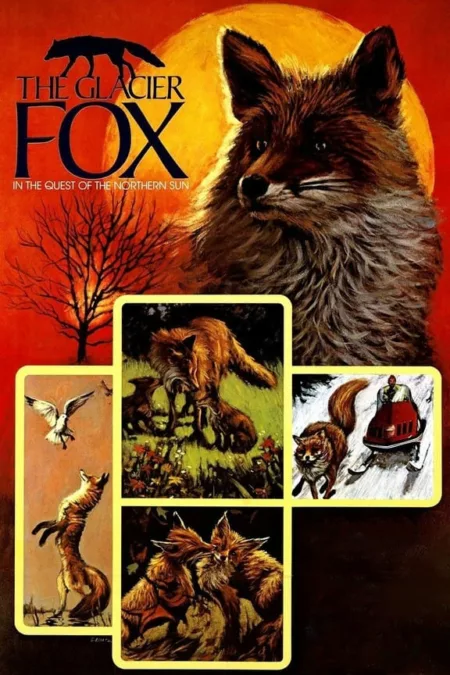Antarctica (1983)
July 23, 1983Release Date
Antarctica (1983)
July 23, 1983Release Date

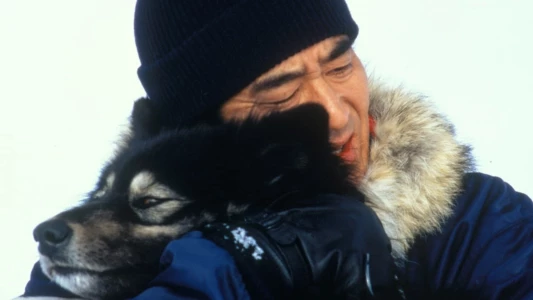
Plot.
Where to Watch.
Cast & Crew.
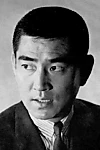
Ken Takakura
Ushioda
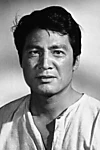
Eiji Okada
Ozawa Taicho

Masako Natsume
Ozawa Keiko

Keiko Oginome
Shimura Asako

Takeshi Kusaka
Morishima Kyoju
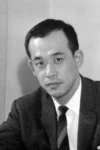
Shigeru Kōyama
Horigome Taicho
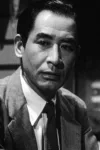
Sō Yamamura
Iwakiri Sencho

Jun Etoh
Tokumitsu Taiin

Koichi Sato
Toda Taicho
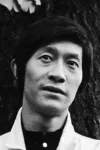
Shin Kishida
Kissaten Master

Takeshi Ōbayashi
Nonomiya Taicho

Shinji Kanai
Ozaki Taicho

Tsunehiko Watase
Ochi
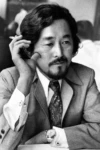
Koreyoshi Kurahara
Director / Writer / Editor

Tomohiro Kaiyama
Producer

Masaru Kakutani
Producer
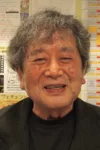
Koretsugu Kurahara
Producer

Tsuneyuki Morishima
Producer

Juichi Tanaka
Producer

Haruo Shikanai
Producer

Tatsuo Nogami
Writer

Susumu Saji
Writer
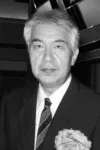
Toshirō Ishidō
Writer

Hiroshi Furuoka
Executive Producer
Media.





Details.
Release DateJuly 23, 1983
Original Name南極物語
StatusReleased
Running Time2h 23m
Content RatingPG
Genres
Last updated:
This Movie Is About.
Wiki.
Antarctica (南極物語, Nankyoku Monogatari, lit. "South Pole Story") is a 1983 Japanese drama film directed by Koreyoshi Kurahara and starring Ken Takakura. Its plot centers on the 1958 ill-fated Japanese scientific expedition to the South Pole, its dramatic rescue from the severe weather conditions on the return journey, the relationship between the scientists and their loyal and hard-working Sakhalin huskies, particularly the lead dogs Taro and Jiro, and the fates of the 15 dogs left behind to fend for themselves.
The film was selected as the Japanese entry for the Best Foreign Language Film at the 56th Academy Awards, but was not accepted as a nominee. It entered into the 34th Berlin International Film Festival, and at the Japan Academy Awards was nominated for the best film, cinematography, lighting, and music score, winning the Popularity award for the two dogs Taro and Jiro as most popular performer, as well the cinematography and reader's choice award at the Mainichi Film Awards. It was a big cinema hit, and held Japan's box office record for its homemade films until it was surpassed by Hayao Miyazaki's Princess Mononoke in 1997.
The original electronic score was created by Greek composer Vangelis, who had recently written music for Chariots of Fire and Blade Runner. The soundtrack is available worldwide in various formats as Antarctica.
You May Also Like.
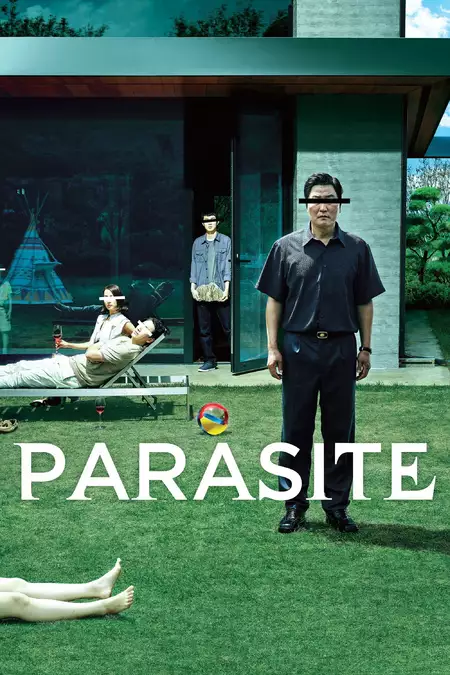
Parasite (2019)
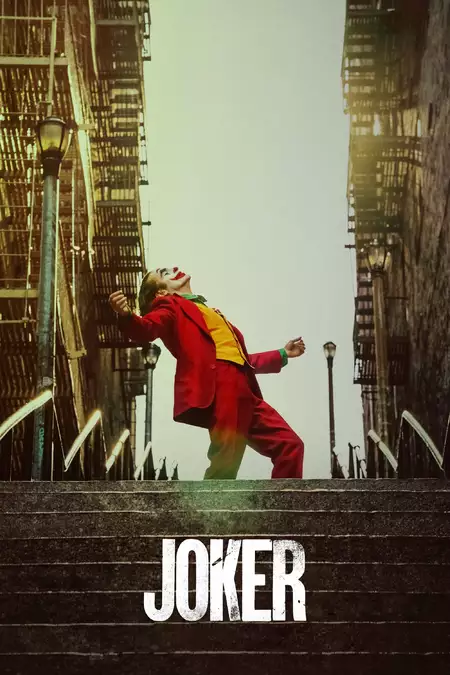
Joker (2019)
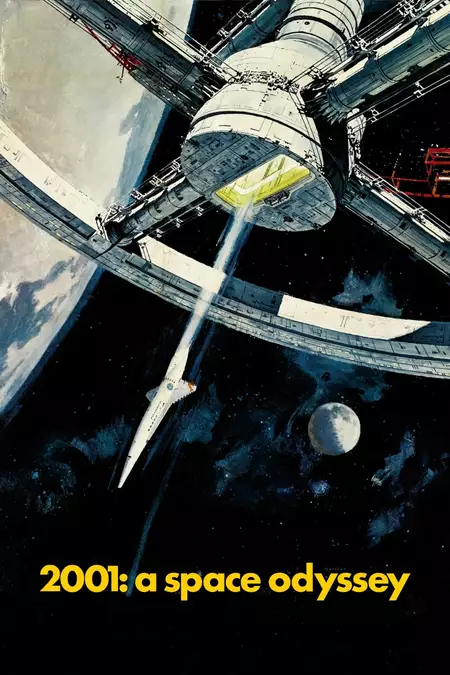
2001: A Space Odyssey (1968)
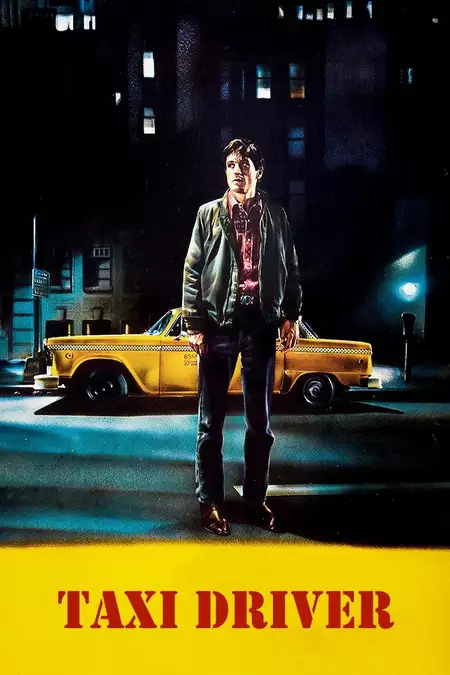
Taxi Driver (1976)
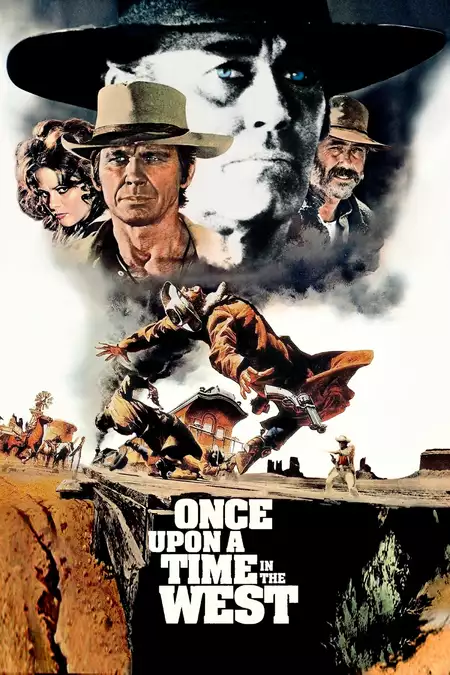
Once Upon a Time in the West (1968)
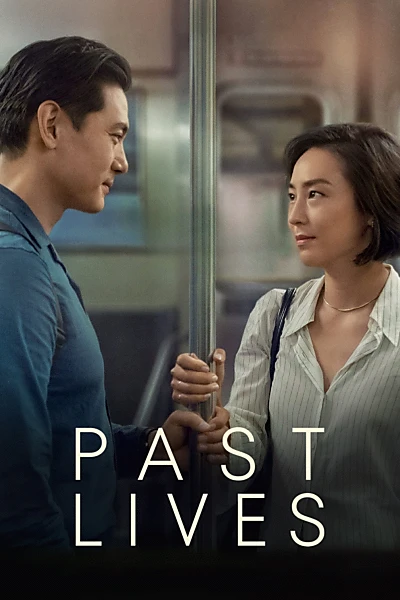
Past Lives (2023)
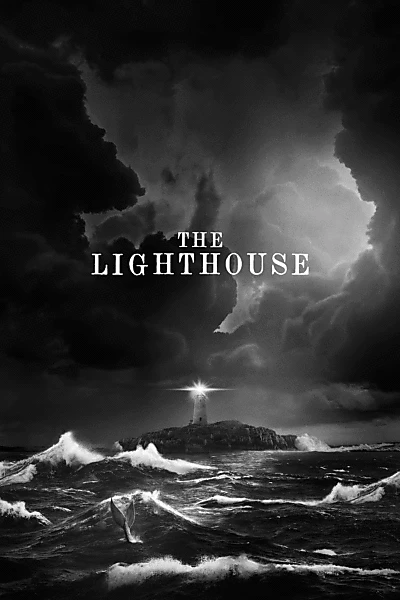
The Lighthouse (2019)
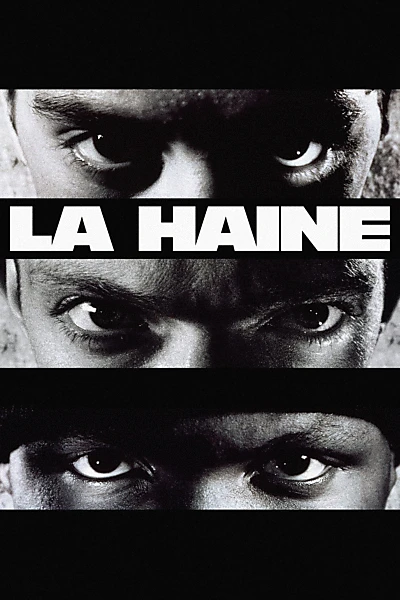
La Haine (1995)
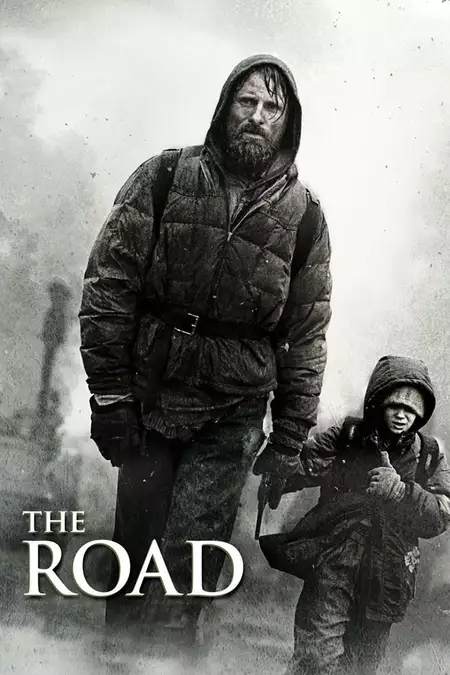
The Road (2009)
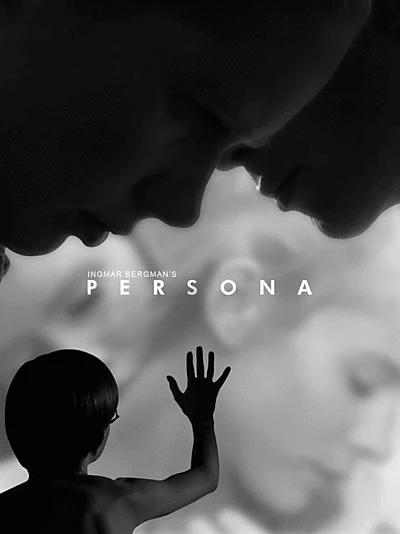
Persona (1966)
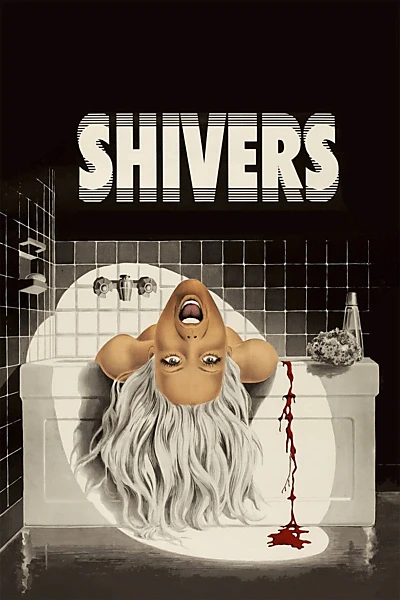
Shivers (1975)
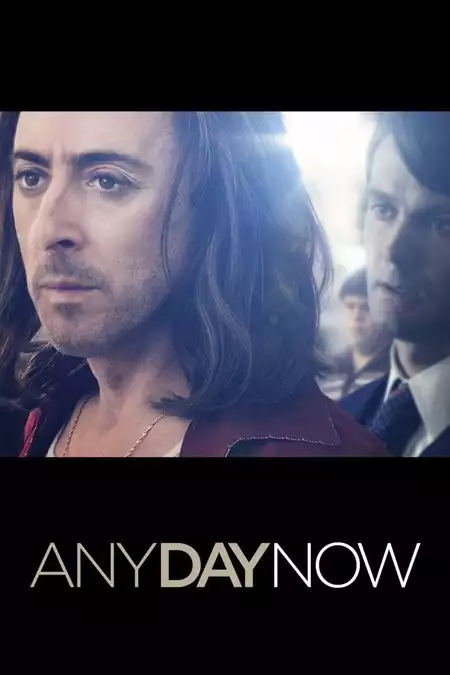
Any Day Now (2012)
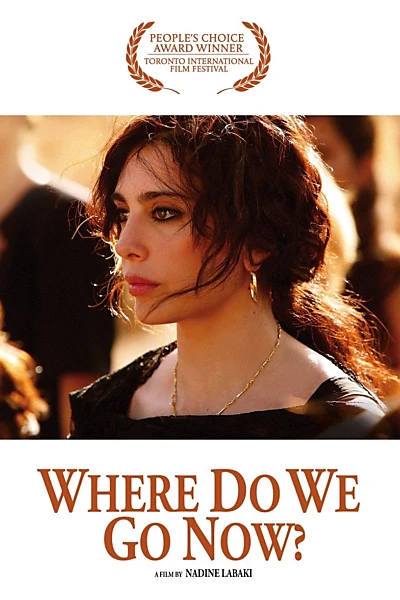
Where Do We Go Now? (2011)
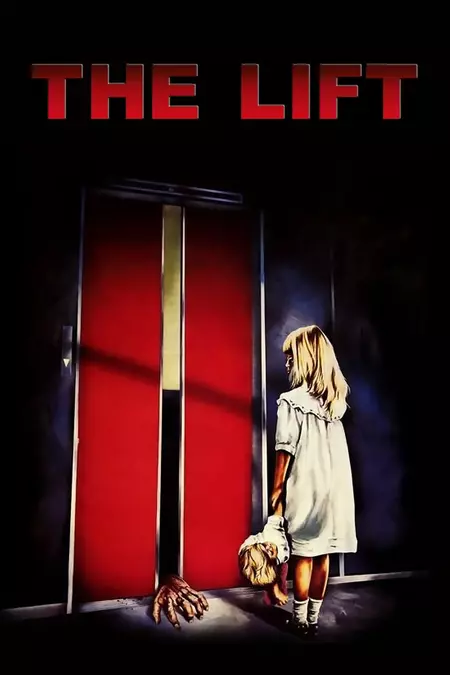
The Lift (1983)
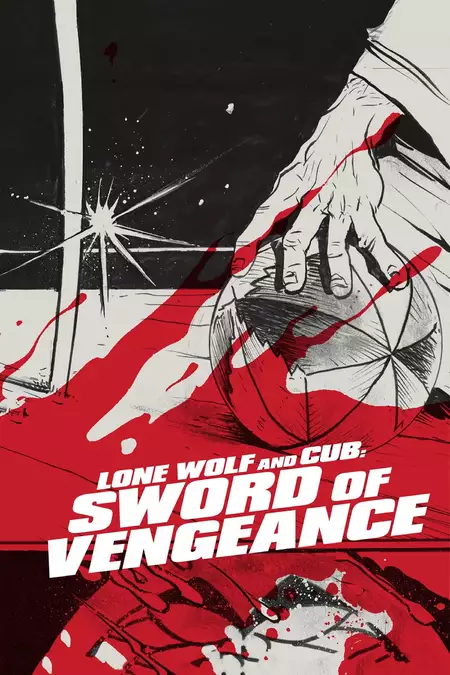
Lone Wolf and Cub: Sword of Vengeance (1972)
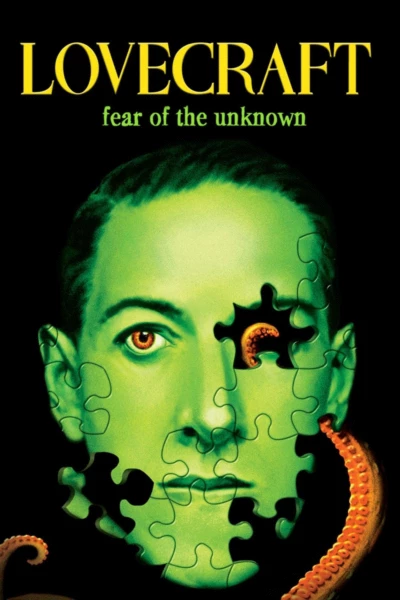
Lovecraft: Fear of the Unknown (2008)
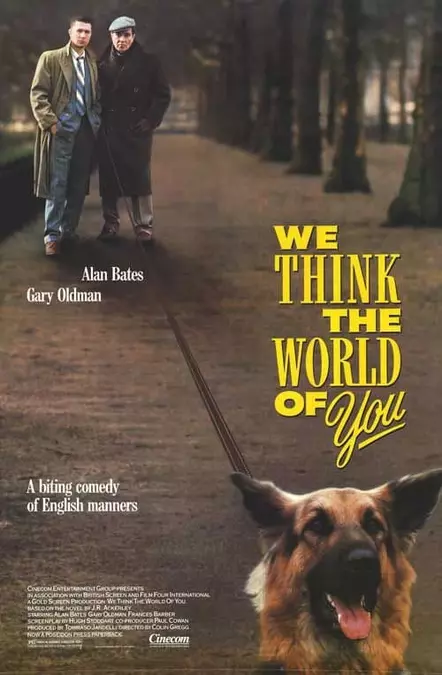
We Think the World of You (1988)
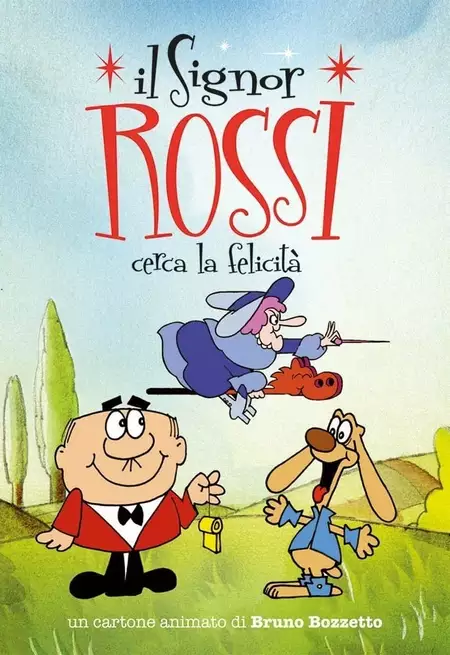
Mr. Rossi Looks for Happiness (1976)
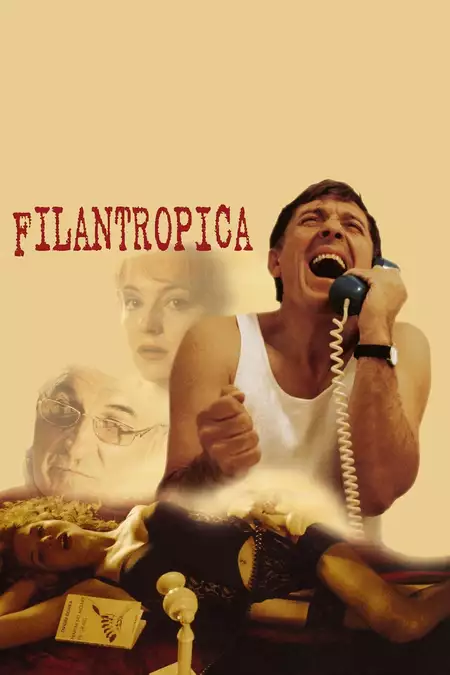
Philanthropy (2002)
